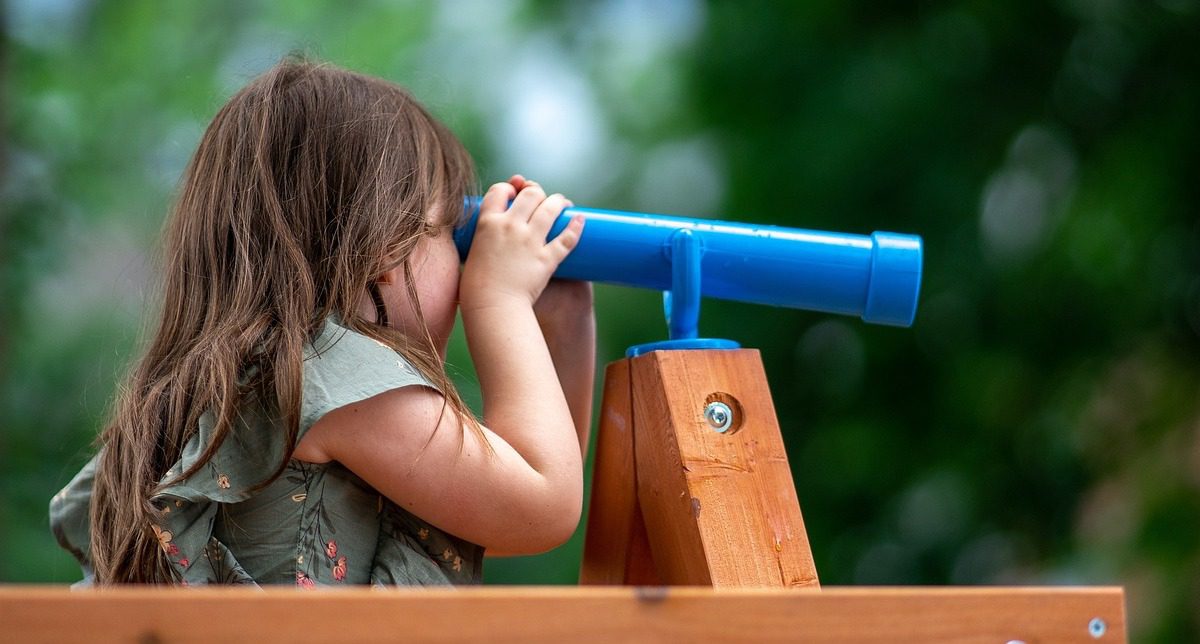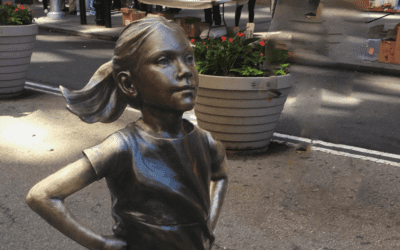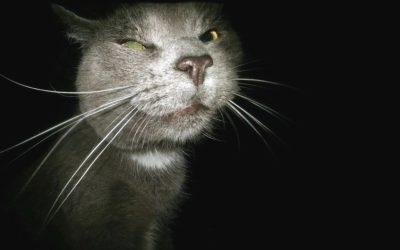“What do you want to be when you grow up?”
You were probably asked this question often when you were young. Maybe now that you are a grown-up, you find yourself asking kids the same thing.
We try to focus children’s attention on what they want to be when they are grown, but I think we’ve got this backwards. We should let kids enjoy their childhoods, unencumbered by such weighty adult decisions. What if instead, we looked back to the magic of our youth to help us decide what we want to be when it’s actually time to decide.
Time is more expansive when we are young, and we do things that we love just because we love to do them. As we get older, we feel the weight of responsibility and the expectations of others, and we often step away from our innate interests. But what might our careers be like if we didn’t so quickly abandon the dreams of our youth?
Caroline Casey gave a TED Talk in December of 2010 called, “Looking past limits.” It is an inspiring tale of radical self-acceptance and courage that is best told by Caroline herself, but I’d like to borrow a portion of her story to help answer the question posed above.
At 28, Caroline was exhausted and unfulfilled by her career as a global management consultant at Accenture. In a dramatic scene that left her broken and bloodied after tripping on a rock in her path, she finally came to terms with a lifelong disability and asked herself what she wanted to be. The answer that revealed itself was one that she had identified as a girl, an answer that might seem silly to a grown-up. She wanted to be Mowgli from Disney’s The Jungle Book. This is what she did next. She dove into Mark Shand’s book Travels on my Elephant before heading to India and riding her own elephant, Kanchi, across the country. She raised enough money to fund 6,000 cataract operations. Now she is an award-winning social entrepreneur, Ashoka Fellow and Young Global Leader of the World Economic Forum.
Like Caroline Casey, Lauren Gibbs had a successful business career, and she was completing an executive MBA program. Unlike Caroline’s dramatic tumble that left her bloody and transformed, Lauren had a simple realization when she was 30. As she told NPR’s Russell Lewis during an interview in February of 2018, “I wasn’t miserable. It just – it didn’t – it wasn’t enough. You know, it’s, like, I would end the night and be like, all right, I guess I’ll do that again tomorrow.” Deciding that she wanted more, she trained for three years and then won a silver medal for bobsledding in the 2018 Winter Olympics in South Korea.
And if elephant handling and bobsledding seem like impractical career choices, I wonder how you feel about aspiring to be a conlanger. I bet you’ve never gotten that answer from a kid when you asked them what they wanted to be. That could be because most people have never even heard of the word conlanger: definition, a person who creates an artificial language.
In “The Man Who Invented Dothraki” written by William Brennan and published in The Atlantic, we hear what happened to David J. Peterson after he “found a copy of Montagu C. Butler’s Step by Step in Esperanto at a book sale.” Esperanto is a language that was invented in the 1800s to help people who spoke different native languages communicate with one another. David became so enthralled with invented languages that he co-founded a group called the Language Creation Society. Because he didn’t know how to make a living from the thing he was passionate about, he remained unfulfilled for years in his professional life until the creators of HBO’s Game of Thrones contacted the Society. They were seeking submissions for the invented language Dothraki which is spoken in the show. David won that contest, and he is now a professional conlanger. He has created about 40 languages and written two books on the subject.
What do Caroline, Lauren, and David have in common? They all toiled in unrewarding careers for years before achieving boundless success doing what they truly loved.
Many of us were taught that working is a means to achieve financial independence and security. What if we flipped the script and believed that we could achieve financial independence and security by doing what we love?
In the words of Olympic silver medalist bobsledder Lauren Gibbs, “There’s so much opportunity out there in the world to do your own thing and carve your own path. And so I want to tell that story. When people graduate from college, they can make the decisions about what they are passionate about instead of what they feel like they’re supposed to do.”
Instead of asking kids what they want to be when they grow up, we should start asking ourselves what we loved to do in our youth. And if we are as courageous as Caroline, Lauren, and David, maybe we can become what we stopped dreaming about many years ago.




